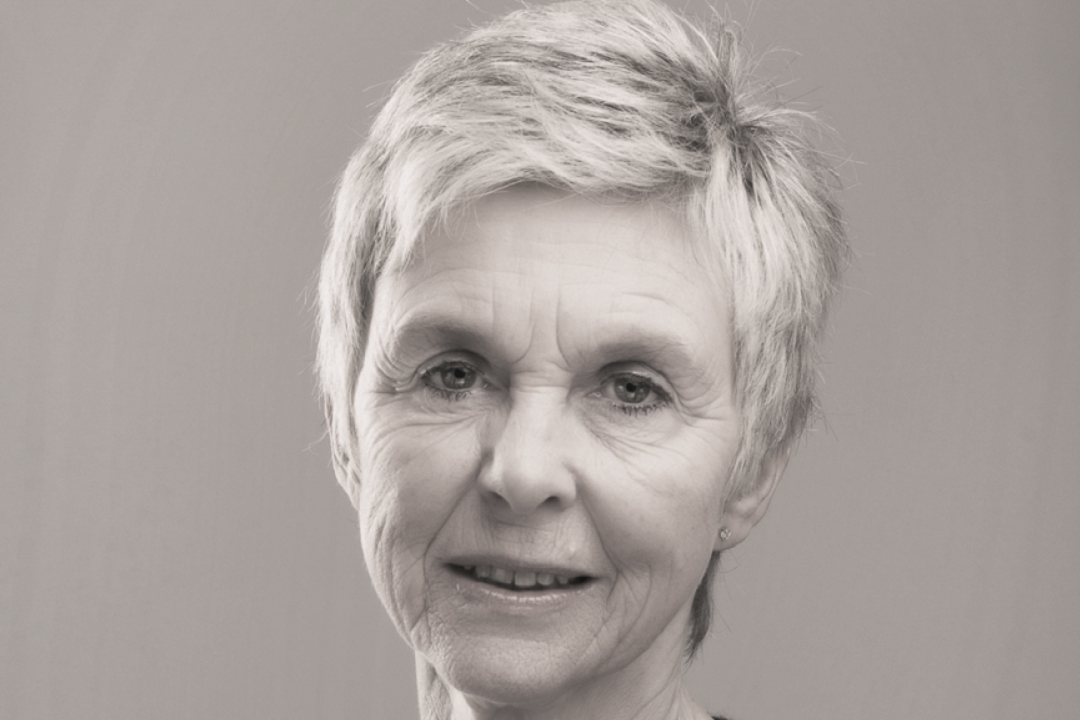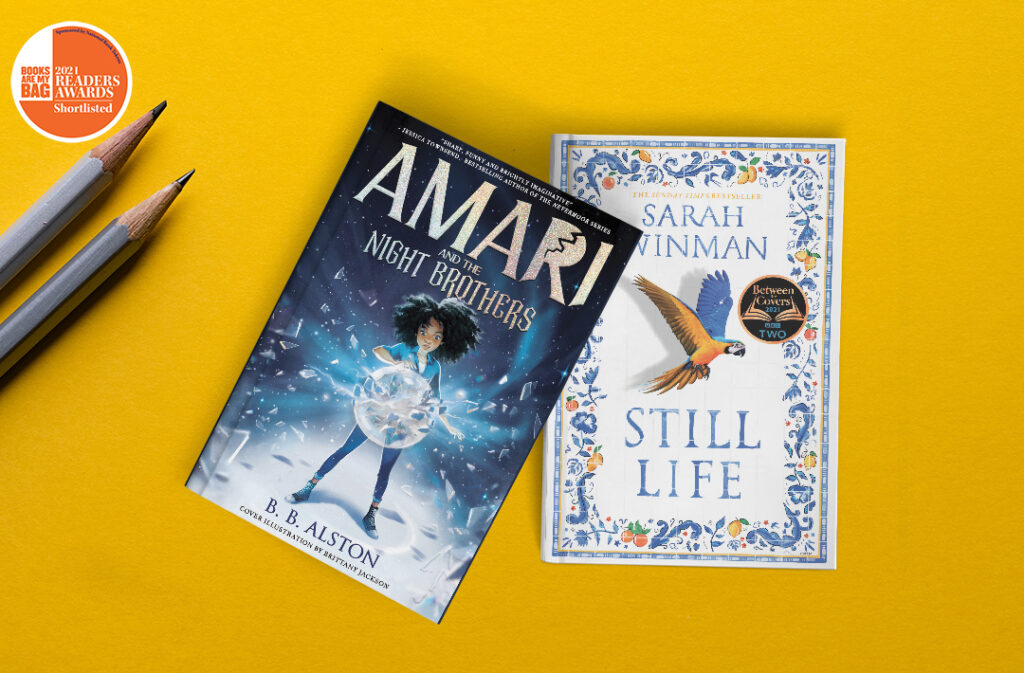I turned to writing fiction after a career as a historian so the natural home for my novel was in the past. It was natural, too, for me to set it in south London for my family came from the Thames-side reaches of Lambeth and Southwark. Bombed out in the war, my parents nevertheless filled my childhood with tales of war, a repertoire of family stories set in the docks and markets, houses and streets of what they called the real London. My earliest childhood memories are of houses slit open like cadavers, exposing the wounded rooms with their torn wall-paper, and broken fireplaces, testimonies of lives once lived. That London, that time, was part of my childhood imaginary and those experiences are deeply embedded.
This real London was poor, overcrowded and filthy. In north Lambeth – the area where my character, Ada, grew up and lived – poverty and overcrowding were endemic and had defied the efforts of both the Lambeth Council and the London County Council to improve conditions. Yet it was a Lambeth where the poor sought education and enjoyment, a Lambeth where night classes flourished, alongside nights out on the town.
I took two family stories – one aunt, a nun, who had been interned by the Germans in the Second World War and worked as slave labour, and another aunt who had run away to seek her fortune. The pious and the profane mixed in the same imaginative pot.
But in that pot, I found myself telling a different story of war, which runs alongside the prevalent narratives of the Second World War. My aunt was forbidden to speak of her experiences until decades after the war had ended, by which time she had forgotten how to. The order of nuns she belonged to was French and at the time of the German occupation my aunt was in the mother house in Rennes. We assumed that the silence demanded of her was for her spiritual good – but now I wonder whether there wasn’t a fear that she, and the other British nuns interned, could be charged with collaboration. Plenty of Dutch, French and Belgians transported to Germany and forced into slave labour faced such suspicions on their return.
It’s speculation, but it allowed me to play around with ideas of survival and in many ways stories of survival – of slavery, of poverty, of prisoners – are seldom stories of confrontation but more likely stories of subversion and of connivance and as such vulnerable to charges of collaboration.
For me the greatest thrill in writing my novel was to people this topography of Lambeth and of wartime survival, to invent a character who walked through it, to see through her eyes the landscape of post-war London. The area caught most of the bombs intended for Westminster across the river, and what Hitler didn’t wipe out in terms of local industry and poor housing, the post-war planners eventually did. The Lambeth to which Ada returned in 1945 was still a site of trauma and was even poorer than it had been when she left in 1939. Whole streets had gone, leaving the dismembered skeletons of what had once been homes and workplaces.
I wanted to remind us that though the post-war reforms had been planned, full of determination that the poverty of the interwar years would never be revisited, they had not yet come into place. Attitudes shaped before the war and emotions stirred by the war still ran high and post-war society, despite everyone’s best efforts, was still a raw and tender place.
 The Dressmaker of Dachau
The Dressmaker of Dachau
Mary Chamberlain
7th April | 2016978-0-00-759155-8
£7.99 |Paperback | The Borough Press



